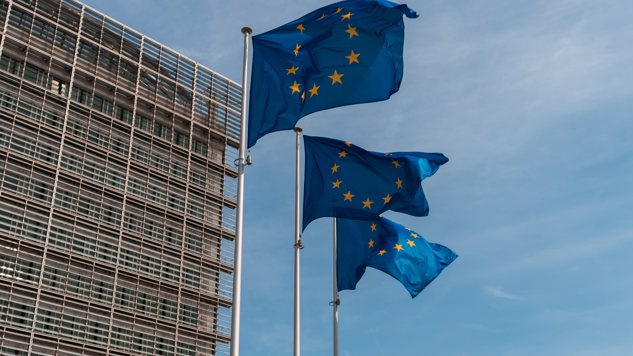This report presents four country studies, offering an in-depth look into the asylum systems in Germany, Poland, Portugal, and Sweden. The country-cases analyse in detail the asylum challenges, debates and reforms that have taken place in the four EU Member States. How have Germany, Poland, Portugal, and Sweden experienced the sudden rise of asylum applications in the EU, especially between 2015 and 2016? How have they sought to reform their asylum systems since then? Which hurdles have they faced in the process and which challenges remain?
This publication is part of the project Making Asylum Systems Work in Europe, started by the Bertelsmann Stiftung and the Migration Policy Institute Europe. Besides Delmi, the initiative included the cooperation of the Calouste Gulbenkian Foundation in Portugal, the Institute for Public Affairs (IPA) in Poland and the International Centre for Migration Policy Development (ICMPD). The initiative aims to contribute to the capacity building of national asylum systems so that these can function more effectively. The initiative also seeks to promote exchange and cooperation in Member States to facilitate the harmonization.
Some overall conclusions and recommendations
The report shows both common and particular challenges within the evolution of the asylum systems studied. The assessment of the asylum challenges, debates and reforms that have taken place since 2015 will provide policy makers in Member States and EU institutions with important lessons-learnt and valuable insights into present and future challenges for making asylum systems work in Europe.
The study includes four country cases, Germany, Poland, Portugal and Sweden. In the case of Sweden, the study analyses a twofold picture. On the one hand, Sweden has a tradition as a receiving country with an ambitious reception system. On the other hand, the humanitarian crisis of 2015, created pressures and uncertainties in public institutions, and triggered a policy turnaround. The author shows that the different stages of asylum procedures fall – almost exclusively – within the mandate of the Swedish Migration Agency, which creates different challenges and conflicts. The study concludes, among other aspects, that an emphasis in return might not be the solution. The return system has already been criticised as ineffective, and Sweden runs the risk that restrictions to protection, new disincentives to enter and stay as well as additional enforcement measures are overemphasised in a situation that calls for more pragmatism and realism.
About the authors
The studies are written by by Prof. Dietrich Thränhardt (Professor emeritus, University of Münster, Institute of Political Science), Agnieszka Kulesa (Economist at CASE), Dr. Cláudia de Freitas (University of Porto), and Dr. Bernd Parusel (Swedish Migration Agency).
Picture by Francois Genon from Unsplash.
